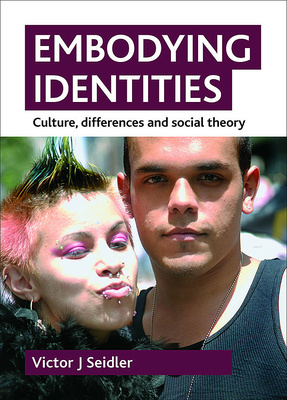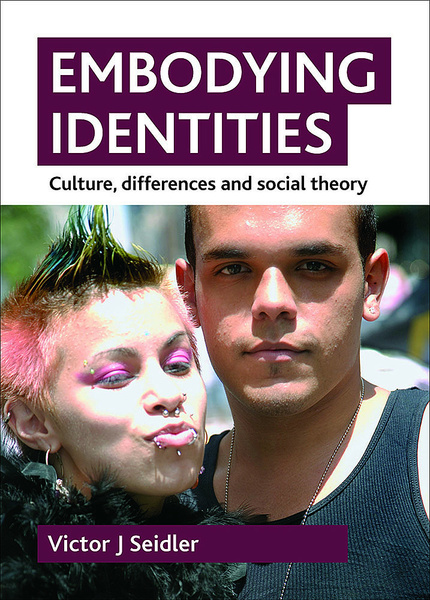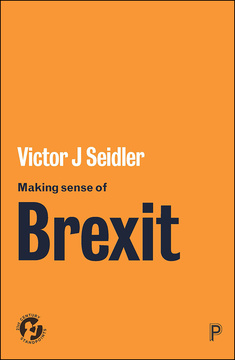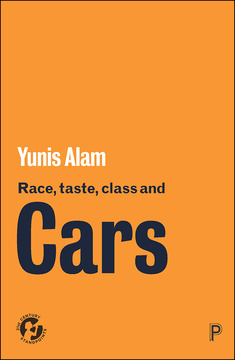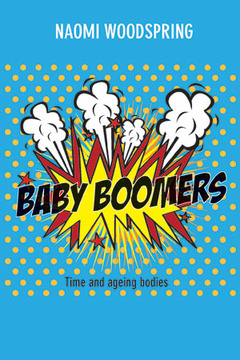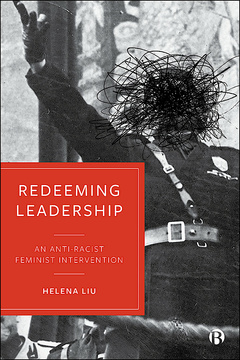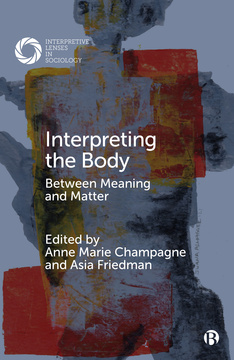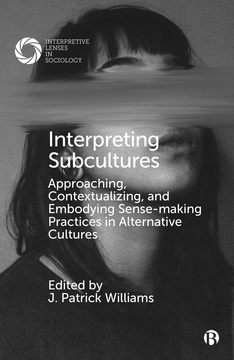Published
Apr 1, 2010Page count
248 pagesISBN
978-1847423818Dimensions
234 x 156 mmImprint
Policy PressPublished
Apr 1, 2010Page count
248 pagesISBN
978-1847423825Dimensions
234 x 156 mmImprint
Policy PressPublished
Apr 1, 2010Page count
248 pagesISBN
978-1447317760Imprint
Policy PressPublished
Apr 1, 2010Page count
248 pagesISBN
978-1447317777Imprint
Policy PressIn the 1970s and 1980s, identities seemed to be 'fixed' through categories of class, 'race', ethnicity, gender, sexualities and religion. These days we have begun to recognise the diversity, fragmentation and fluidity of identities, but how do we create and shape our own?
The book shapes a new language of social theory that allows people to embody their differences with a sense of dignity and self-worth. It draws on diverse traditions from Marx, Weber and Durkheim, as well as more recent traditions of critical theory and post-structuralism, and will be of interest to sociology, politics, social work, philosophy and cultural studies students.
"This exciting, accessible and wide-ranging text offers new perspectives on how we think about ourselves. Essential reading for all those interested in identities, it provides a unique introduction to social theory." Professor Mary Maynard, Head of Department of Social Policy and Social Work, University of York
Victor Jeleniewski Seidler is Professor of Social Theory in the Department of Sociology at Goldsmiths, University of London. He has written widely in the areas of social theory, ethics and gender, particularly in relation to the critical study of men and masculinities. His recent work includes Young men and masculinities: Global cultures and intimate lives (Zed Books, 2007) and Jewish philosophy and western culture (I.B.Tauris, 2008).
Contents: Introduction: fragmented identities/social theories; Identity, culture and modernity; Identity, dignity and self-worth; Bodies, fears and differences; Feminisms and masculinities; Gender, self-rejection and recognition; Identities, 'race' and modernity; Shame, fear and hatred; Language, ethics and transformation; Language, technology and media images; Virtualities, imagination and globalisation; Memories, objects and global migrations; Special textbook features and pedagogy; Definition of the market.







